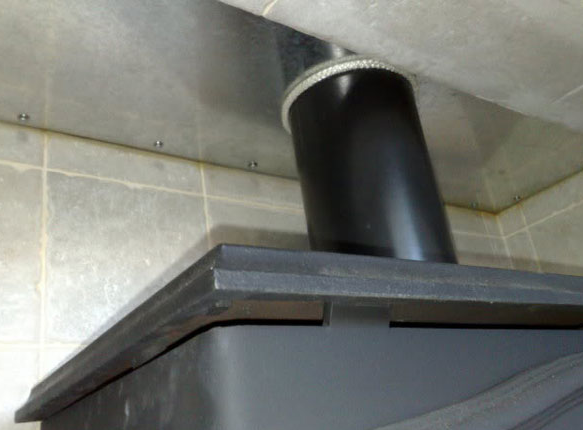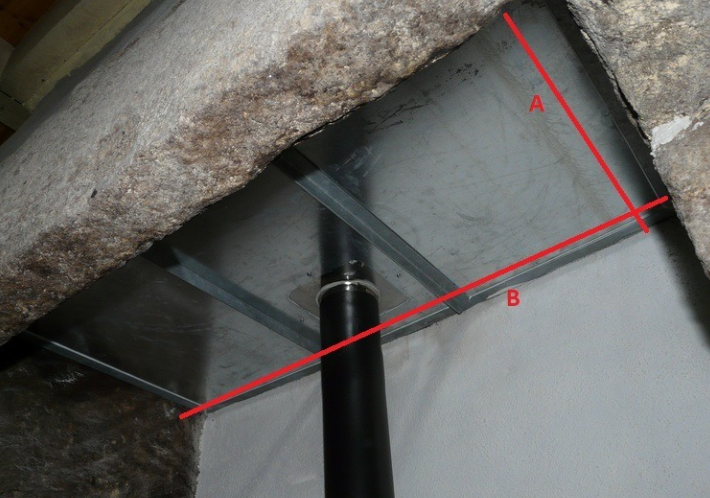Why Fire Board Shouldn’t Be Used as a Register Plate on Solid Fuel Stoves: A register plate, also known as a closure plate or sealing plate, is one of the essential parts you require when installing a solid fuel stove. By sealing off the chimney above the stove, this plate helps to keep heat from escaping and safely directs all of the flue gases up the chimney. However, use fire board or other similar materials as a registration plate is a typical mistake. Despite being heat-resistant, fire board isn’t appropriate for this use. This is the reason why:
- Limitations on Temperature Resistance
Although fire boards are made to withstand high temperatures, they are not meant to come into direct touch with the scorching heat that solid fuel stoves may generate. When a chimney fire occurs, the flue’s temperature can rise to even greater levels than 600°C (1112°F). When exposed to such severe circumstances over time, fire board materials—which are usually constructed of calcium silicate or gypsum-based products—may deteriorate, break, or even catch fire. - Structural Stability under Extended Heat
For an extended period of time, intense heat must not compromise the structural integrity of a register plate. Even though fire boards are heat-resistant, prolonged exposure to high temperatures can cause them to weaken and disintegrate. This degradation reduces the efficiency of the plate by causing it to sag, crack, or even break apart. On the other hand, metal register plates, such as those made of steel or cast iron, are resistant to these circumstances and will not deteriorate. - Safety Issues
Making sure that all of the stove’s gasses and smoke are safely sent up the chimney is one of a registration plate’s main functions. A major health concern could arise from cracks in the fire board that allow deadly carbon monoxide to enter your home if it weakens and collapses. Furthermore, any sparks or embers that escape could catch fire and burn nearby items, raising the possibility of a structural fire or chimney fire. - Adherence to Regulations
Many places have building codes and safety standards that mandate the use of particular materials for parts like register plates. These rules frequently mandate the use of metal or other non-combustible materials that can withstand high temperatures without losing their integrity. You run the danger of having your insurance policies canceled and facing legal repercussions if you use a fire board as a register plate in violation of these regulations. - Durability and Upkeep
Compared to metal register plates, fire boards need more regular inspections and maintenance even in the unlikely event that they fail catastrophically. Over time, the board may warp or crack due to the expansion and contraction of heat, requiring repairs or replacement. Conversely, metal registration plates are more resilient and require less upkeep, offering a more cost-effective and reliable solution in the long run. - Conclusion: While fire board is a versatile and useful material for many construction purposes, it is not suitable as a register plate for a solid fuel stove. The combination of extreme heat, safety risks, regulatory requirements, and the need for long-term durability makes metal the superior choice. For those installing or upgrading their solid fuel stoves, investing in a proper metal register plate ensures the safety, efficiency, and longevity of your heating system.


